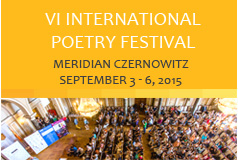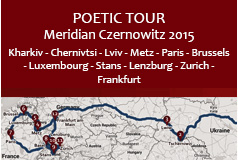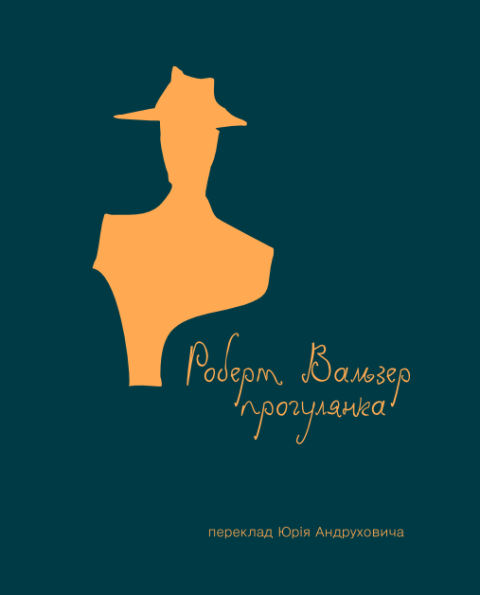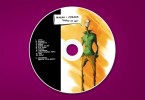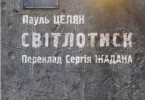translated by Yuri Andrukhovych
Robert Walser (1878 – 1956), was a German-speaking Swiss writer.
A characteristic of Walser’s texts is a playful serenity behind which hide existential fears. Today, Walser’s texts, completely re-edited since the 1970s, are regarded as among the most important writings of literary modernism. In his writing, he made use of elements of Swiss German in a charming and original manner, while very personal observations are interwoven with texts about texts; that is, with contemplations and variations of other literary works, in which Walser often mixes pulp fiction with high literature.
Walser, who never belonged to a literary school or group, perhaps with the exception of the circle around the magazine Die Insel in his youth, was a notable and often published writer before World War I and into the 1920s. After the second half of the latter decade, he was rapidly forgotten, in spite of Carl Seelig’s editions, which appeared almost exclusively in Switzerland but received little attention.
Walser was only rediscovered in the 1970s, even though famous German writers such as Christian Morgenstern, Franz Kafka, Walter Benjamin, and Hermann Hesse were among his great admirers. Since then, almost all his writings have become accessible through an extensive republication of his entire body of work. He has exerted a considerable influence on various contemporary German writers, including Ror Wolf, Peter Handke, W. G. Sebald, and Max Goldt. In 2004, Spanish writer Enrique Vila-Matas published a novel entitled Doctor Pasavento about Walser, his stay on Herisau and the wish to disappear.



